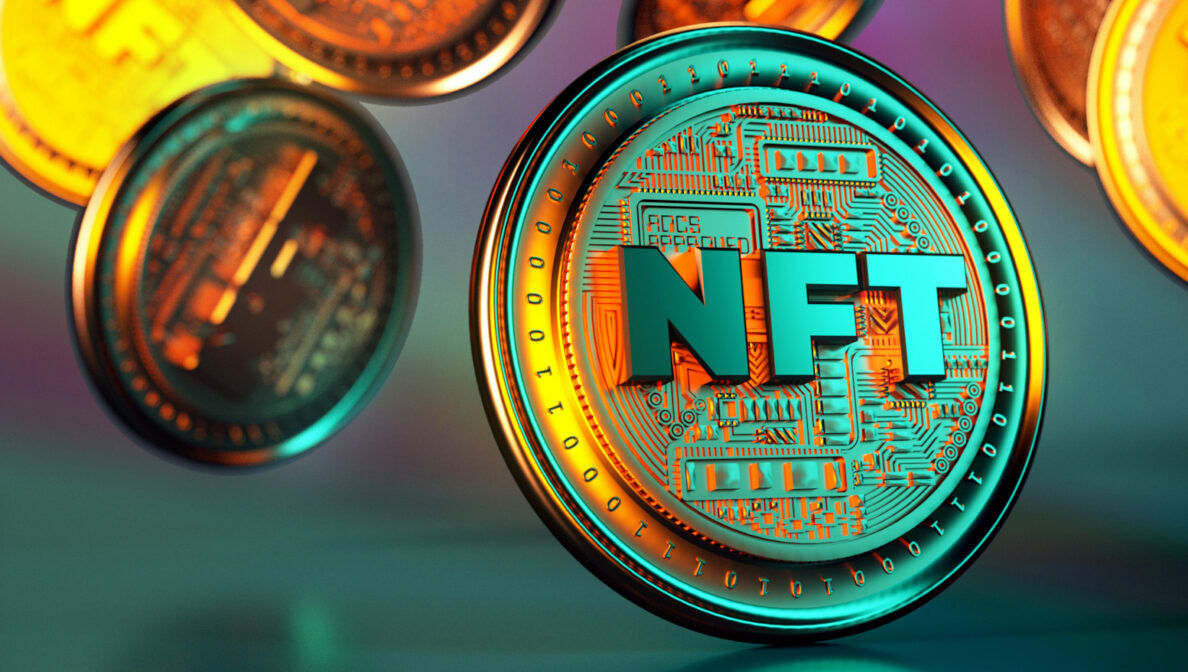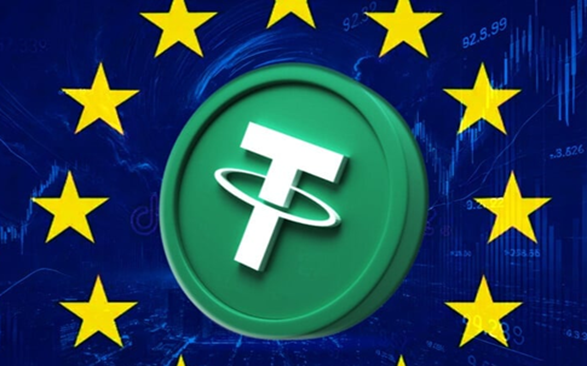OpenSea, the pioneering NFT marketplace, has regained a major ground against its rival, Blur. OpenSea has recently surpassed Blur in both 24-hour volume and total sales, marking only the third time it has done so in the past 90 days.
OpenSea secured 2,184 sales on June 26, narrowly edging out Blur’s 2,138 sales. This resurgence is also reflected in its user base, with a 39% market share and 177,565 unique buyers over the past 120 days, compared to Blur’s 154,040. This “flippening” also follows the launch of the Blast token, which led to reduced rewards for users and prompted some of Blur’s largest market makers to withdraw from the platform.
However, despite OpenSea’s recent success, Blur still dominates the market in terms of total volume over the past 90 days, holding a 62% share.
The OpenSea-Blur battle for market share offers valuable lessons on the importance of incentivizing loyalty in the NFT space.
Read Also: A Guide to Identifying a Good NFT Marketplace
The Rise of Blur: How Incentives Can Drive Growth
Blur’s initial success in surpassing OpenSea in NFT trading volume can be attributed to its strategic use of incentives to attract users. By offering zero marketplace fees and optional royalty payments, Blur has positioned itself as a low-cost alternative, appealing to power users and experienced traders.
Also, the Blur’s airdrop of its governance token, BLUR, has fueled a flywheel of behaviors, incentivizing users to provide liquidity and engage with the platform. This has resulted in a significant increase in user adoption, with 90% of traders claiming their airdrop and 26.5% still holding the token.
The incentives offered by Blur include rewards in the form of BLUR tokens, discounts on marketplace fees, and exclusive content such as portfolio and market analysis tools.
Moreover, the platform’s use of a point system to reward users for providing liquidity has created a bidding wall of user-provided liquidity, further enhancing its appeal.
The success of Blur’s incentives strategy has not only attracted users but also encouraged them to engage with the platform, driving up trading volume and establishing Blur as a major player in the NFT market.
Read Also: Terraform Labs Collapse: What went wrong and how does it affect Terra Luna’s future?
The Fall of Blur: The Consequences of Removing Incentives
The effects of Blur’s reduced incentives are still uncertain, and market participants are divided on the potential outcomes. Some, like Blur farmer Cbb0fe, predict a gloomy future for NFT holders, suggesting that they would soon realize that Blur farmers have been providing exit liquidity to smart holders, therefore, hinting a potential sell-off.
On the other hand, NFT investor, OGDFarmer takes a more optimistic view, acknowledging that boom and bust cycles are a natural part of the maturation process for any asset class. They believe that the NFT market, with its unique characteristics and crypto-adjacent nature, will experience these cycles on a larger scale.
Despite the uncertainty, OGDFarmer is looking forward to the next few months, pointing to a potential opportunity for growth.
Read Also: Ethereum and Altcoins: What are the Opportunities in the Altcoin Market?
OpenSea’s Resurgence
OpenSea was the undisputed leader in the NFT marketplace during the 2021 bull run, processing over $100 million in daily sales at its peak. The company’s success culminated in a $300 million funding round in January 2022, valuing it at $13.3 billion. However, the landscape shifted with the arrival of Blur in 2022, which targeted traders with its marketplace and incentivized users through a token airdrop and reduced creator royalties.
Blur’s strategy paid off, and OpenSea began to lose significant market share as users flocked to Blur to participate in its token distribution. By November 2023, OpenSea had laid off over 50% of its staff, and its lead investor, Coatue Management, had slashed the value of its $120 million investment by 90%, indicating a significantly reduced valuation of below $2 billion.
In a twist of events, OpenSea, the pioneering NFT marketplace founded in 2017, momentarily surpassed Blur in total sales on June 26, with 2,184 sales compared to Blur’s 2,138, marking only the third time in the past 90 days that OpenSea has outsold Blur, maintaining a 39% market share, with 177,565 unique buyers in the last 120 days, compared to Blur’s 154,040.
This brief resurgence comes on the heels of the Blast token launch, which reduced user rewards and led some top market makers to abandon Blur, contributing to OpenSea’s temporary gain.
Read Also: BNB hits new all-time high of $710: Prospects for investors and traders
Lessons Learned: The Importance of Incentivizing Loyalty
Incentivizing loyalty is a key strategy for driving long-term growth and sustainability in the NFT space, as it aids a dedicated community of collectors, creators, and enthusiasts who are invested in the success of a platform or project.
By offering rewards, exclusive content, and other benefits to loyal participants, NFT marketplaces and creators can encourage repeat business, positive word-of-mouth, and long-term engagement, leading to a stable and dedicated user base that drives growth and stability.
Moreover, loyalty incentives can also promote collaboration, innovation, and high-quality content creation, further enhancing the overall value and appeal of the NFT ecosystem, and ultimately contributing to its long-term viability and success.
The future of the NFT market appears promising, with increasing mainstream adoption and innovation in digital ownership and authentication. Incentives will play an important role in driving success, as creators and platforms leverage rewards, royalties, and exclusive content to attract and engage users.
As the market evolves, we can expect to see new business models emerge, such as subscription-based services and community-driven platforms, which will further incentivize participation and drive growth.
Read Also: Oversold Territory: Is bitcoin due for a bounce or further decline?
Credit: Solomon Victor is a Technical Analyst who is also knowledgeable about various aspects of blockchain and cryptocurrency.
Discover more from Crypto Asset Buyer
Subscribe to get the latest posts sent to your email.





